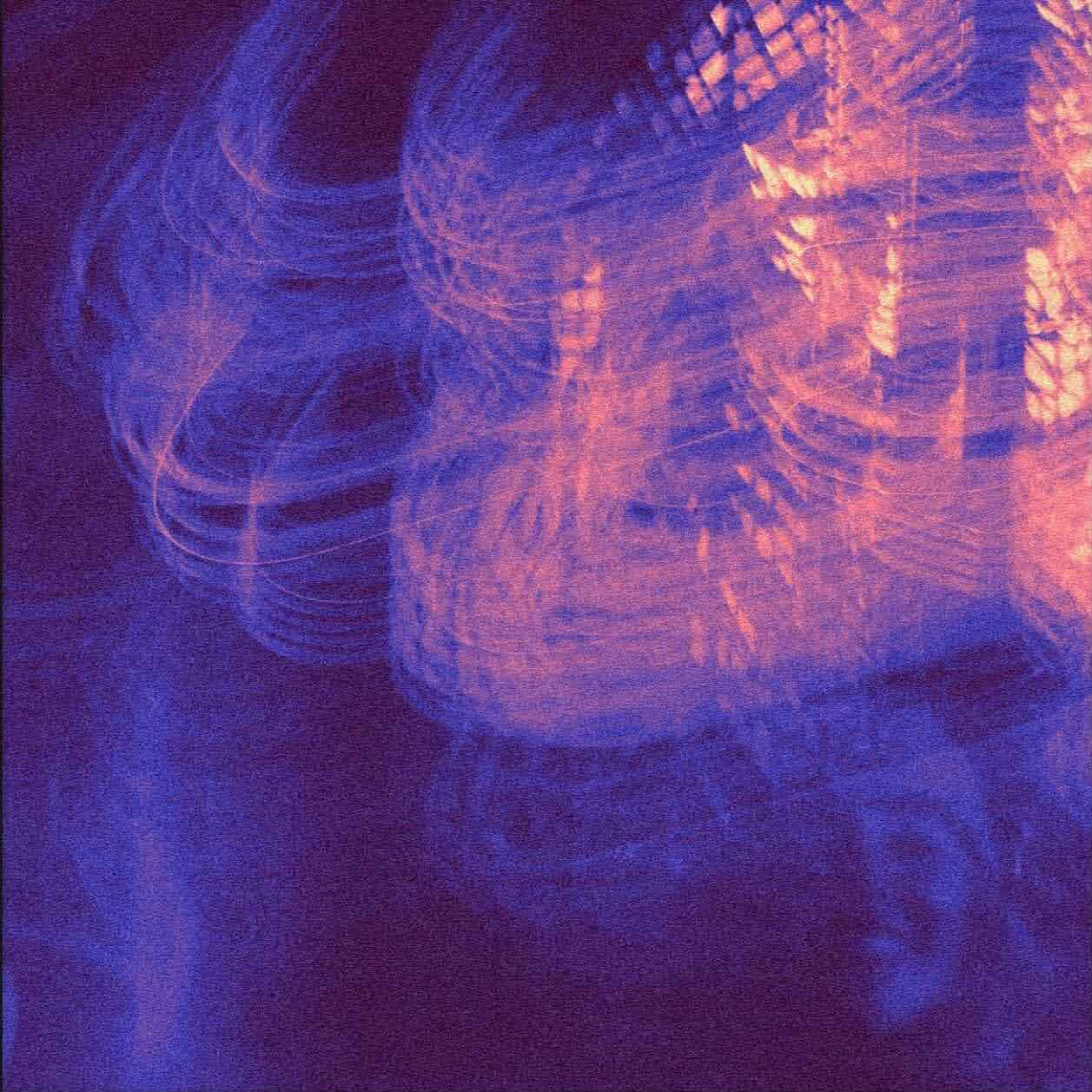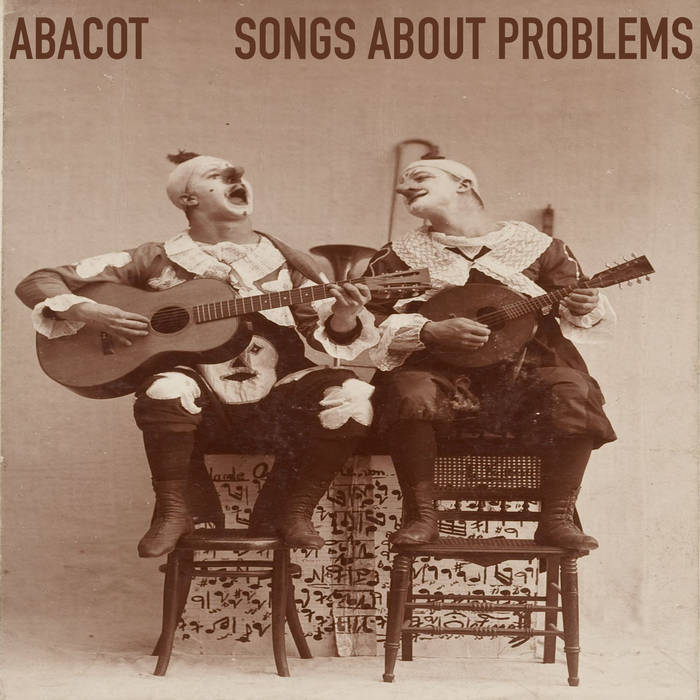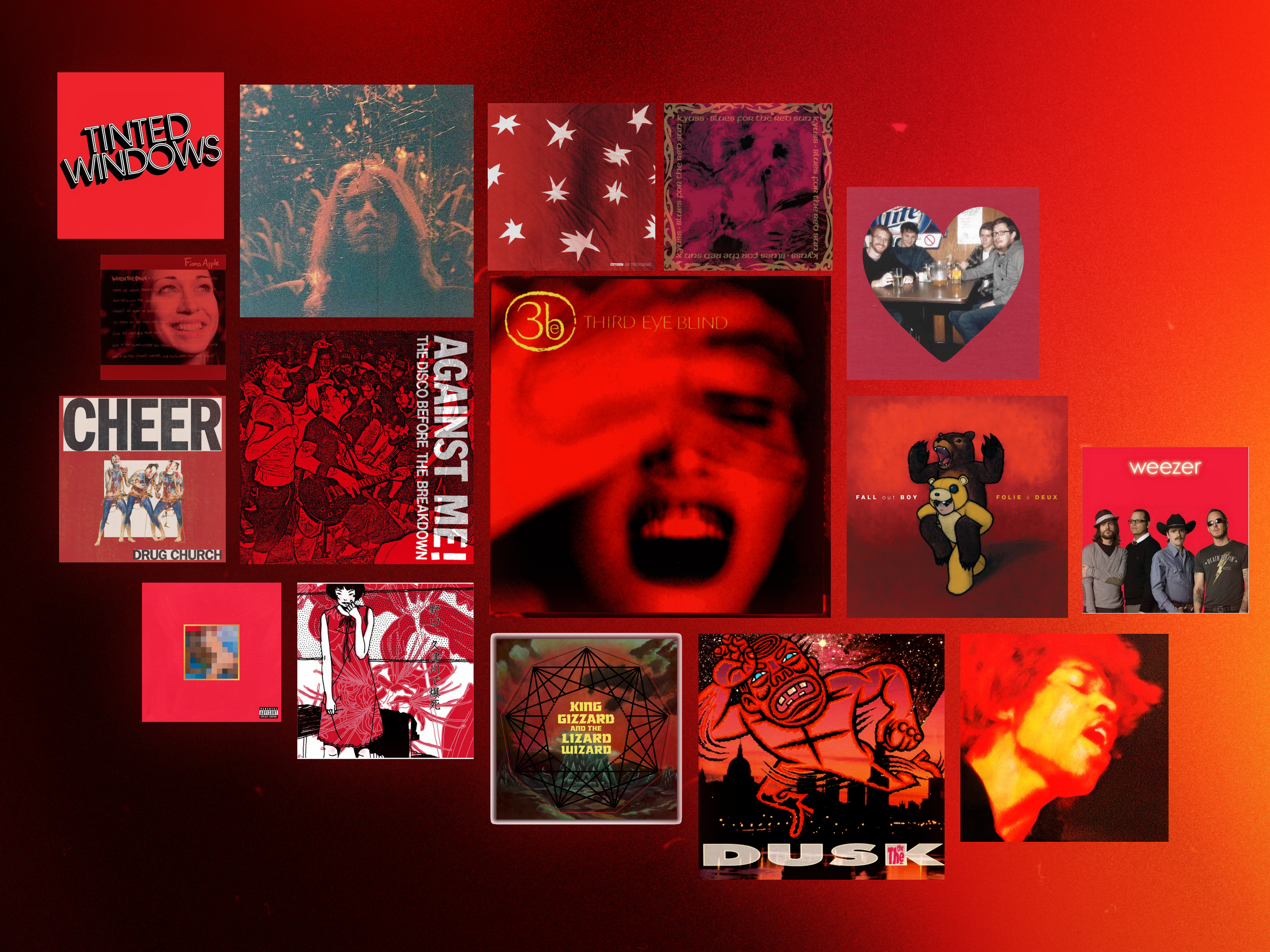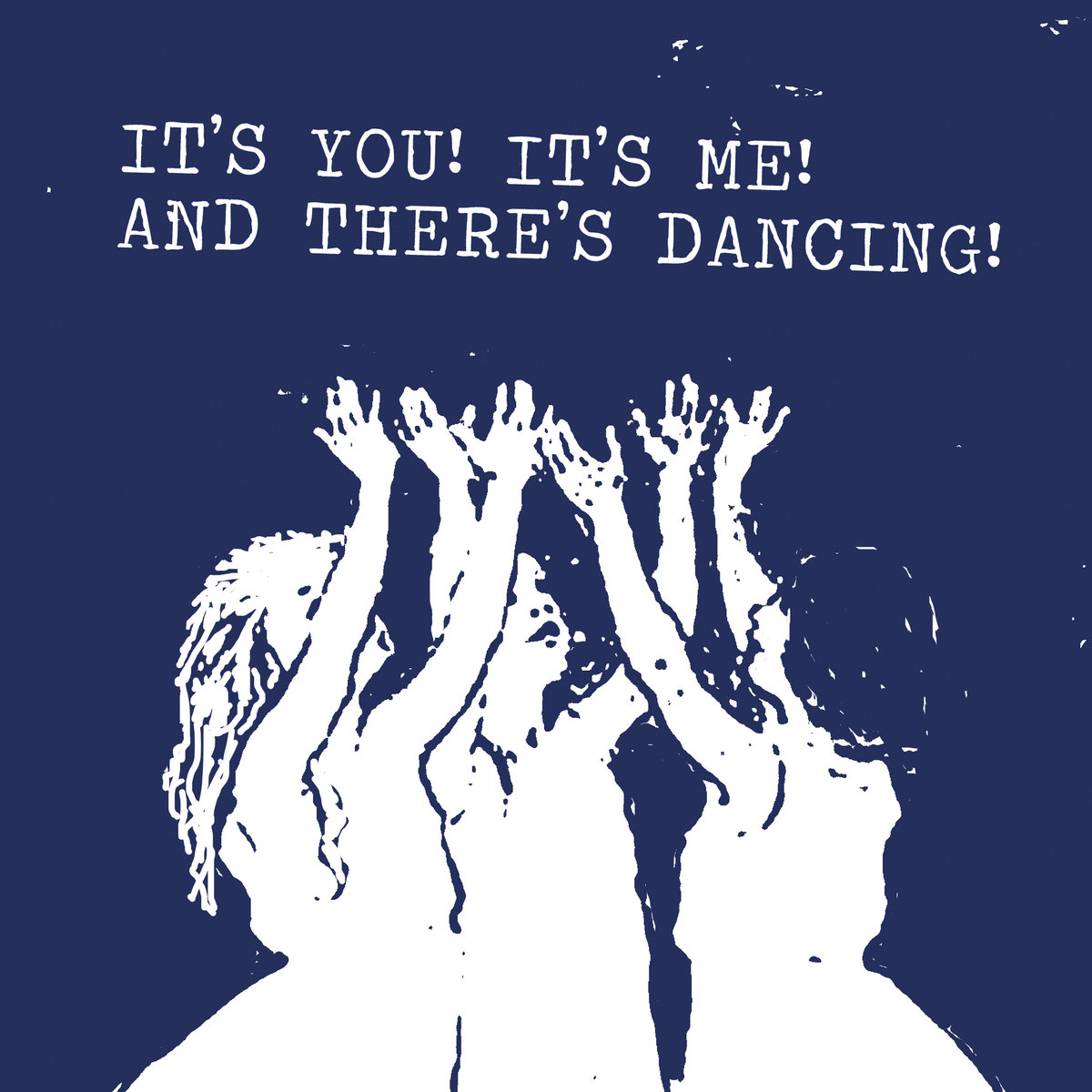Tiberius – Troubadour | Album Review
/Audio Antihero
During my sophomore year of college I recorded a breakup album. It was not very good. When I was writing it, I thought it was a raw—dare I say important—portrait of a self-loathing lover scorned. When I go back and listen to it now though, I find that it’s actually just mean and annoying, a dishonest collection of songs that feature little to no introspection. The main problem is that I ultimately just wanted the person I was writing about to hear the album and feel bad for me, a last-ditch effort to get them back. I was pretending to look at my heart while actually targeting theirs; it was a doomed pursuit from the start.
When you try and fail at something, it gives you a greater appreciation for those who approach the same task and succeed. People who are able to paint their pain without bitterness coming through as the dominant force make me take note, because I know how hard that can be. This is the main thing that struck me when I first listened to Tiberius’ third album, Troubadour. Throughout the record, we hear about people in Brendan Wright’s life and how they made Wright feel, but the lens through which we see this is consistently pointed inwards. That’s not to say there’s no anger towards others or spiteful words on Troubadour—there’s definitely some of that—but when we do get those ugly feelings, they’re almost always tempered with self-reflection.
Take, for example, the album’s fourth track “Tag,” where Wright sings: “Went to her apartment when she’s on a date / I’d rather hang with her than not at all / Lying on the lap of some dumb fuck that she doesn’t even like.” No argument from me, definitely anger there, both in the words and in Wright’s vocal affectation, but, this anger is almost immediately cut with the realization that “I just can’t let you know that I despise to be apart / I need to take this time to learn to be alone / And to really be alone I have to be alone.” The song gains a lot from this quick shift in viewpoint, which seeks the internal root of the emotion; it transforms what could be a simple “fuck you” into something more substantial.
This all works especially well because the record’s path of reflection is not linear; we’ll get a track like “It Has to Be True,” where it feels like things are getting figured out, followed by “Moab,” where we once again find ourselves in despair. Too often, the road to self-actualization is portrayed as a one-way journey, but on this album, it’s presented much more accurately as a rollercoaster; ascendant acceptance that can be followed by a sudden, vindictive drop, only for us to rise again moments later. This is something that’s well encapsulated on “Sitting,” where Wright sings, “Am I starting to have fun? Am I starting to have hope? / Am I starting to be let down? Am I down again?”
There are so many different sounds and genres traversed throughout the record that it feels impossible to touch on them all in a short review. This range makes each song feel huge, with even the shorter tracks having distinct movements that stick with you. After I first played through the album, I thought that I had a few songs stuck in my head, but when I listened back, I found that what I’d been mentally replaying was actually just different parts of “Sag.” I love how this is done because you never get bored as you jump from moments that sound like Uncle Tupelo to moments that sound like DIIV to moments that sound like Modest Mouse, sometimes all within one song. There’s gazey post-hardcore, gut-wrenching emo outpourings, and wide-open indie country soundscapes. To seamlessly switch from one sound to another like this without ever feeling frenetic or scattered is truly impressive, and it all results in a great experience for the listener.
Existential country rocker “Moab” is probably my favorite song on the record. I thought I might be tapped out on country-influenced alternative music, but I was wrong. Perhaps it’s the vocal inflection in the opening verse when Wright sings “plans her day while laying down for bed,” but something about the song conjures images of the country music I used to listen to as a kid in a way that modern alt-country rarely does. I also love the track’s more anthemic back half, which slows down and brings some indie influences to the table, sounding almost Band of Horses-esque.
A sonic thread throughout Troubadour that I found to be particularly effective is the subtle use of non-core-to-the-band instruments to make certain moments really stand out. For example, at around 2:45 of “Tag,” bouncing piano chords come in out of nowhere to give things a groovy little boost; similarly, I loved this really reedy and dissonant sax that’s deployed about a third of the way through “Redwood,” giving the song some extra edge as it ramps up. These aren’t the biggest moments that will necessarily knock you over, but cumulatively, they add up and keep you engaged through multiple listens.
I’d be remiss to talk about Troubadour without mentioning trees, which loom large over the journey the record takes us on. Where this most struck me was on “Sitting,” particularly the lines: “I need to leave again / Meander ‘round the trees / As if I’m looking for the sign / As my brother sings to me / What I'm feeling is alright.” As I listened to this, I thought back to Wim Wenders’ 2023 film, Perfect Days. When I saw the movie in theaters, they had a pre-show clip that featured Wenders and the film’s star, Koji Yakusho, discussing the concept of “komorebi,” a Japanese word that refers to the sunlight as it’s filtered through leaves and trees. This is core to the film, as Yakusho’s character is always able to escape and find joy by photographing the trees in the park where works. The main thing I took away from Perfect Days is that appreciation for the beauty of komorebi—or nature more broadly—is something that’s incredibly centering.
This sort of naturalism is woven throughout the record. In Wright’s own words, Troubadour was written during a period of time where the relationships in their life were changing significantly, likening that experience to ego death. For months, they “found solace in nature and the constant of the trees,” explaining that, for a period, “I felt utterly connected to the universe in a way that was completely outside my sense of self. I was everything all at once, and it was one of the most profound experiences I’ve ever had.”
As we see Wright’s journey through Troubadour and the way that nature and trees factor into it, I’m left feeling the same sense of power. That centering is key to everything. That’s why, by the time we get to the end of the roller coaster with “Barn,” we’re ultimately somewhere placid and peaceful, even if there is still some sadness along with it. It’s why we get reflection rather than just anger and why the album has such depth. It’s what separates those who can make a work like this—something truly reflective—from those stuck lashing out in attack mode. With that as the foundation, everything else clicks into place and we’re left with a really special record. These types of experiences are never linear, nor are their conclusions definite. In the case of Troubadour, the ending is satisfying, not because we’re at the end of a journey but because we feel like we’re finally on the right path. We’re left with reasons to keep pushing, and sometimes that’s all you need.
Josh Ejnes is a writer and musician living in Chicago. He has a blog about cassette tapes called Tape Study that you can find here, and he also makes music under the name Cutaway Car.






